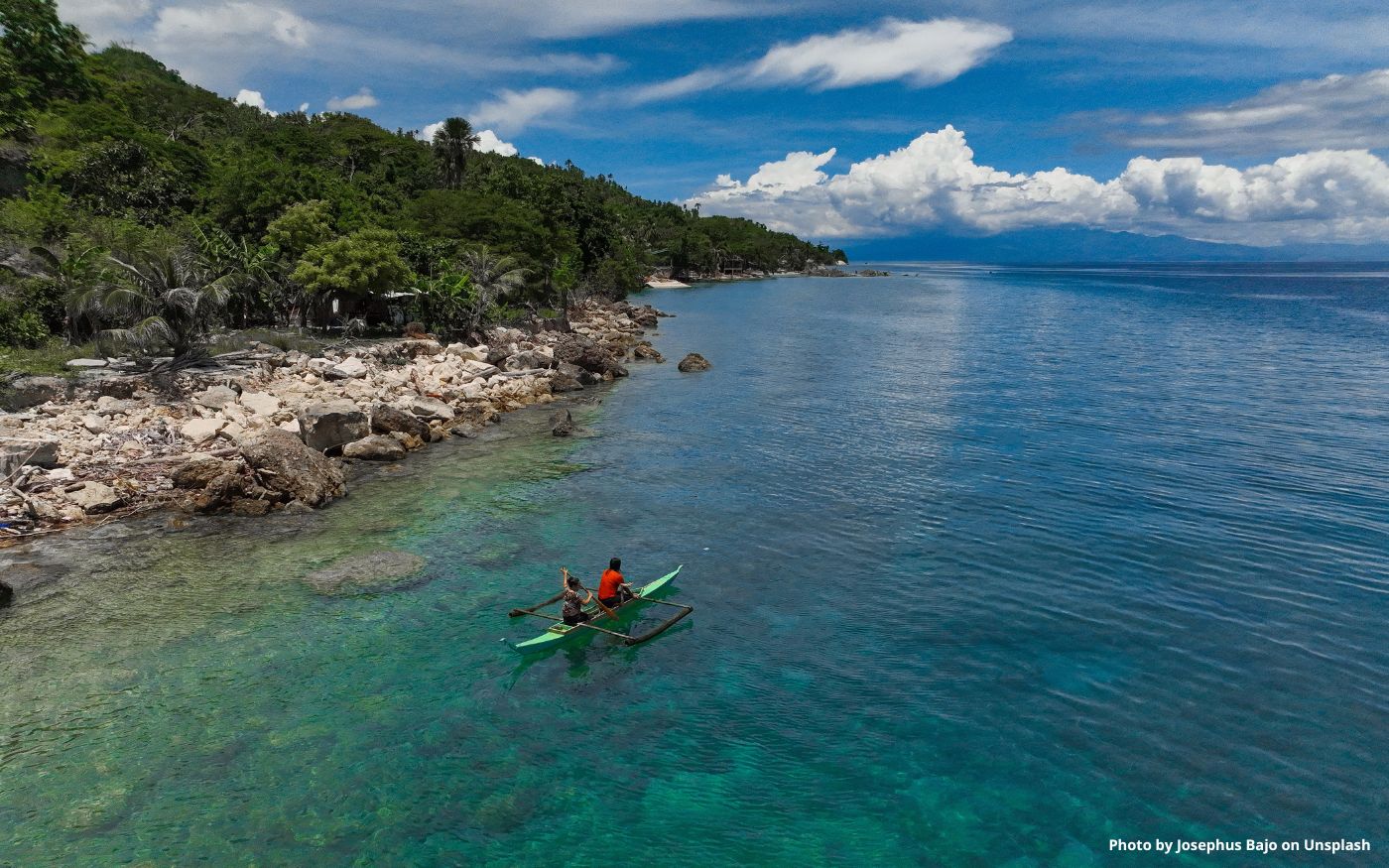Research by: John Paolo R. Rivera, Eylla Laire M. Gutierrez, & Fernando Martin Y. Roxas
Executive Summary
In reviewing existing literature and frameworks of tourism development, recovery, and resilience, the discourse of sustainable tourism in a post-pandemic scenario has expanded further. That is, sustainability is not anymore just the consideration to fuel tourism development and pandemic recovery, but it should also consider safety and resilience (e.g., Ritchie, 2009; Aliperti & Cruz, 2019; Dodds & Butler, 2019; Ritchie & Jiang, 2019). The pandemic, as an unprecedented event, impacted numerous value chains across industries. It rendered many business models and practices outdated. It also challenged traditional models of governance. Consequently, it opened opportunities for stakeholders (e.g., government, enterprises, and individuals) to collaboratively examine and rediscover tourism’s value beyond recreational and leisure purposes (e.g., Cheer, 2020; Higgins-Desbiolles, 2020; Jiang & Wen, 2020; Zeng et al., 2020; Abbas et al., 2021).
In a post-pandemic scenario, the literature has pointed out that the travel and tourism industry must also factor in perspectives of resilience, sustainability, and safety in its operations and strategy (e.g., Brouder, 2020; Traskevich & Fontanari, 2021). Hence, we formulated a unified framework on developing newer and better sustainable tourism products and services that are aligned with the post-pandemic scenario by repositioning governance models from the traditional destination level-perspective, to one that accounts for the existing value chain. Our findings are critical inputs for policymakers as they craft schemes to address emerging health security challenges and redirect the impaired tourism industry towards prosperity in the foreseeable future.
In promoting elevated governance for tourism recovery (e.g., Helble & Fink, 2020; Roxas et al., 2022), international and regional organizations play an increasingly significant role in influencing the types of recovery and rehabilitation responses promoted by countries across the world. ASEAN-level recovery plans (e.g., sustainable tourism, safe passage, uniform protocols), for example, continue to influence government policies, so do the initiatives promoted by tourism organizations such as WTTC’s Safe Travels Stamp and UNWTO’s Global Guidelines to Restart Tourism. Similarly, national governments remain to be the primary source of policy to support tourism recovery in local destinations. Governments continue to provide health and safety protocols, development plans, financial assistance, and recovery programs that influence tourism development. At the local level, communities continue to prioritize their health and well-being to facilitate the full and safe reopening of tourism destinations.
In unifying the existing frameworks towards disaster risk reduction and resilience in the travel and tourism industry, we highlighted each stakeholder has a critical role to play in supporting the industry, ideally through a bottom-up approach. By adhering to a multi-stakeholder approach to tourism recovery would prove beneficial. For example, airlines think they belong to the airline industry and with this narrow mindset, they tend to fix passenger problems and fears. Hotels, restaurants, and transportation companies may have the same approach in coping with this industry-wide crisis. Because travelers make travel decisions based on safety in the entire end-to-end experience, all members of the tourism value chain must work on enabling the different modes of resilience we have enumerated in ensuring safe yet convenient travels. Saving one segment without helping the others will not save anyone. Hence, we continue to emphasize the importance of coordination and collaboration among stakeholders of the industry’s value chain.
Keywords: governance, tourism, pandemic, product, sustainability
To cite this article: Rivera, J.P.R., Gutierrez, E.L.M., & Roxas, F.M.Y. (2022). Re-thinking governance in tourism: Harnessing tourism’s post-COVID-19 economic potential. Journal of Quality Assurance in Hospitality & Tourism, https://doi.org/10.1080/1528008X.2022.2135164
To access this article: https://doi.org/10.1080/1528008X.2022.2135164
About the Journal
The Journal of Quality Assurance in Hospitality & Tourism serves as a medium to share and disseminate new research findings, theoretical development and superior practices in hospitality and tourism. The journal aims to publish cutting-edge, empirically and theoretically sound research articles on quality planning, development, management, marketing, evaluation, and adjustments within the field. Readers of the journal stay up-to-date on the latest theory development and research findings, ways to improve business practices, successful hospitality strategies, maintenance of profit requirements, and increasing market share in this complex and growing field.
Journal ranking
| Chartered Association of Business Schools Academic Journal Guide 2021 | ABS1 |
| Scimago Journal & Country Rank | SJR h-index: 33 |
| SJR 2021: 0.58 | |
| Scopus | CiteScore 2021: 4.0 |
| Australian Business Deans Council Journal List | Rating B |
| Journal Citation Reports (Clarivate) | JCI 2021: 0.54 |





